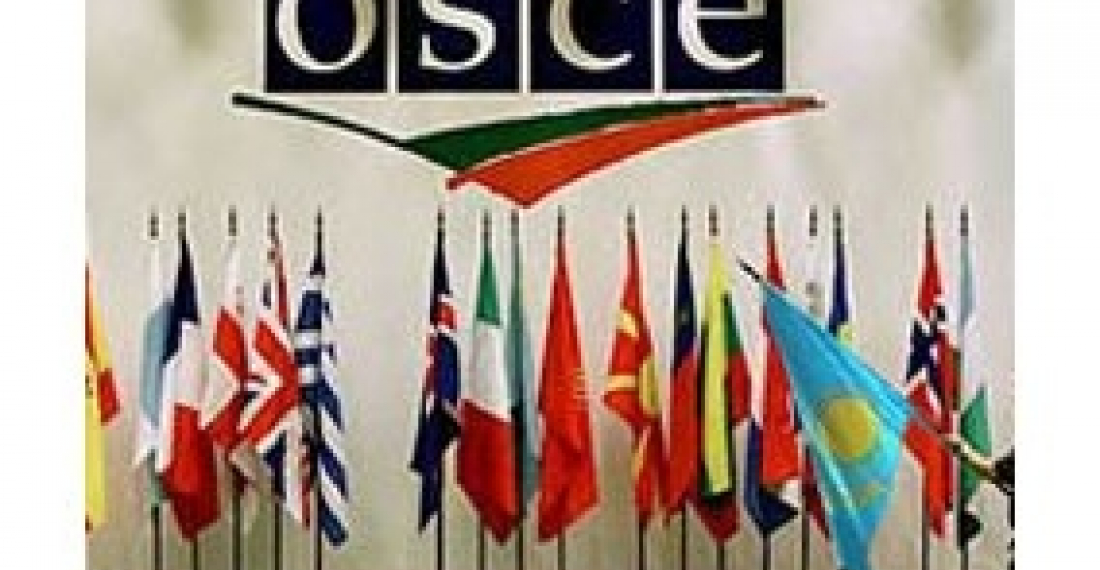A voter's guide on political parties participating in the upcoming Parliamentary elections in Armenia was presented to political parties, civil society, media and international community in Yerevan, Wednesday.
The voter's guide was prepared by the Foundation for Civil and Social Development NGO, with the financial assistant of OSCE Office in Yerevan and USAID/Counterpart International.
"The reference guide informs voters of the political parties that will run for the parliament on May 6 and their activity and programs. It presents the election campaign of the parties impartially and in details to make it possible for a voter to make the right and conscious choice," said Samvel Mkhitaryan, Head of the Foundation for Civil and Social Development.
Carel Hofstra, Deputy Head of the OSCE Yerevan Office, in turn, said that a big quantity of the reference guides have already been sent to the regions of Armenia to raise awareness of voters of the political parties. OSCE is happy to have its contribution to implementation of the given program, he said and added that they cooperate with the Police, visa and registration departments to help conducting free, transparent and democratic elections. The given guide is another positive step in this direction. Carel Hofstra expressed confidence that the Voter's Guide will provide full information on the political parties running for the parliament and the voters will decide which party to vote for. At the same time, he urged citizens to follow the activity of the parties also after elections, for parties often make many promises during their campaigns but fulfill very few of their promises after elections.







